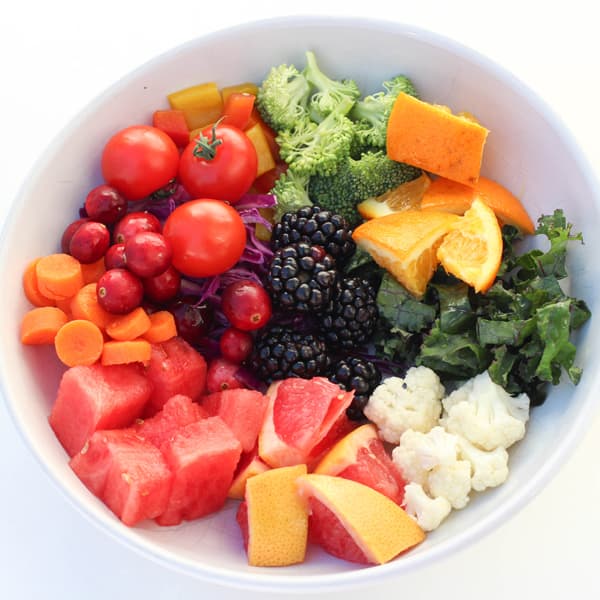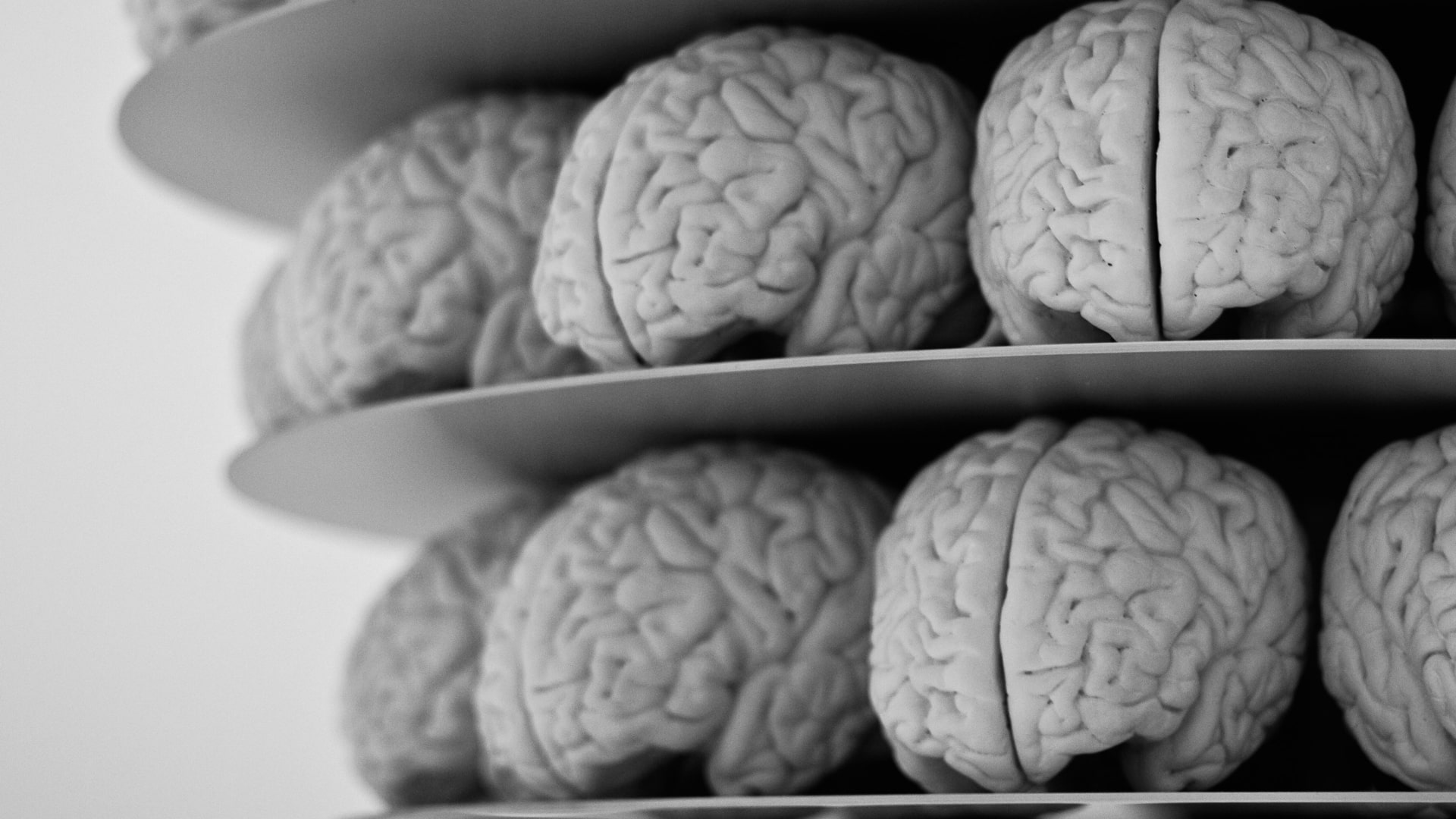
Stroke
Nearly 130,000 Americans die annually from stroke, one of the most serious brain diseases. Strokes can kill instantly and without warning, and most can be thought of as “brain attacks”—like heart attacks, but the rupturing plaques in our arteries cut off blood flow to parts of the brain rather than to parts of the heart.
About 90 percent of strokes are ischemic, from the Latin ischaemia, meaning “stopping blood.” Blood flow to part of the brain gets cut off, depriving it of oxygen and killing off the part fed by the clogged artery. A small minority of strokes are hemorrhagic, caused by bleeding into the brain when a blood vessel bursts. People who experience a brief stroke may only contend with arm or leg weakness, while those who suffer a major stroke may develop paralysis, lose the ability to speak, or die.
The blood clot may last only a moment—not long enough to notice but still long enough to kill off a tiny portion of our brain. These “silent strokes” can multiply and slowly reduce cognitive function until dementia fully develops. As with heart disease, a plant-based diet can reduce stroke risk by reducing cholesterol and blood pressure while improving blood flow and antioxidant capacity.
High fiber intake may also help ward off stroke. Fiber is naturally concentrated in only one place: whole plant foods. Processed foods have less, and animal-derived foods have no fiber at all. Increasing fiber intake by just seven grams a day may be associated with a 7 percent reduction in stroke risk.
Though stroke is considered an older person’s disease, risk factors may begin accumulating in childhood. Hundreds of kids were followed for 24 years, from junior high school to adulthood, and low fiber intake early on was associated with stiffening of the arteries leading up to the brain—a key risk factor.
For substantiation of any statements of fact from the peer-reviewed medical literature, please see the associated videos below.
Popular Videos for Stroke

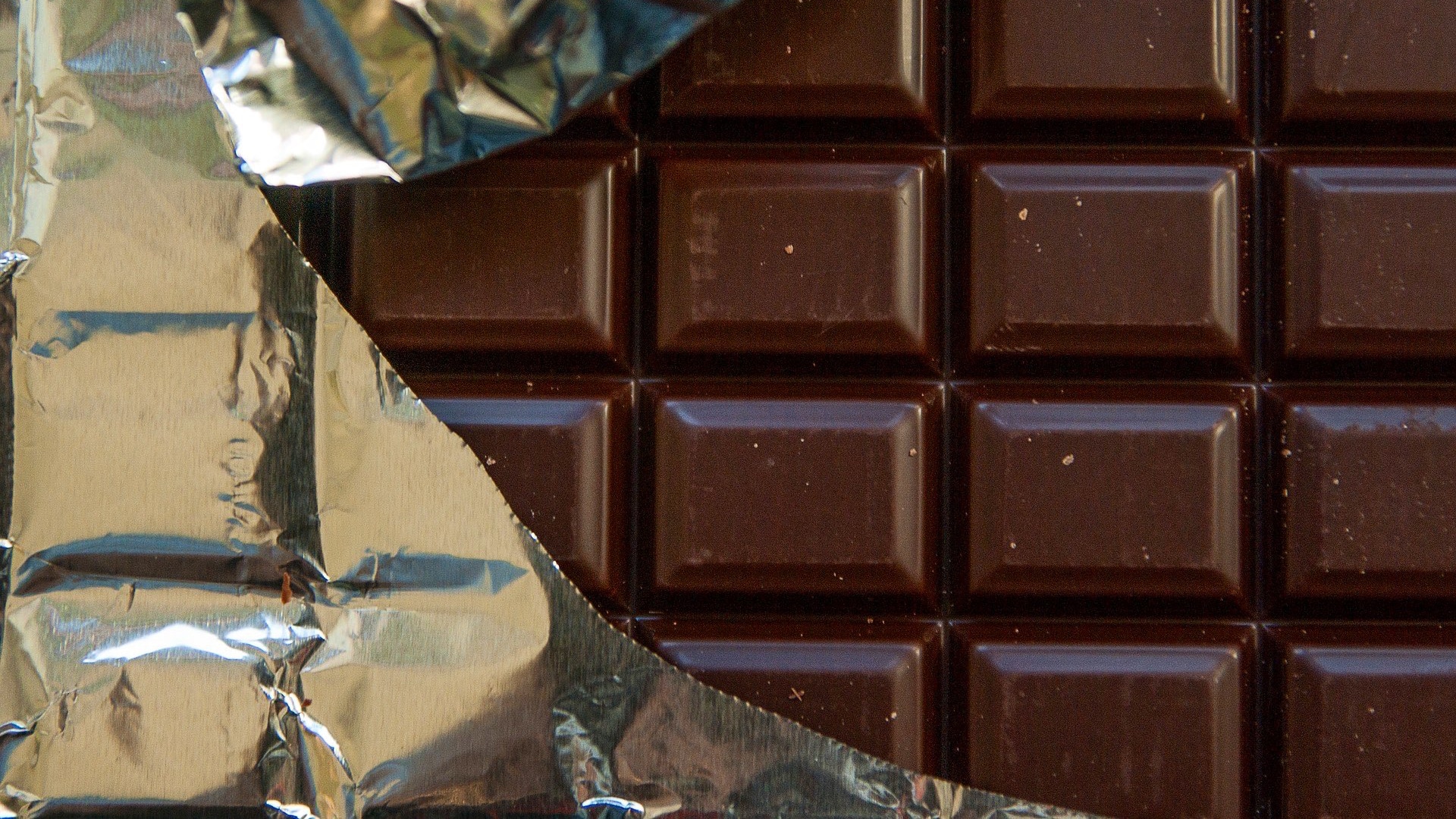
Chocolate and Stroke Risk
Dark chocolate is pitted against milk chocolate in a test of artery function.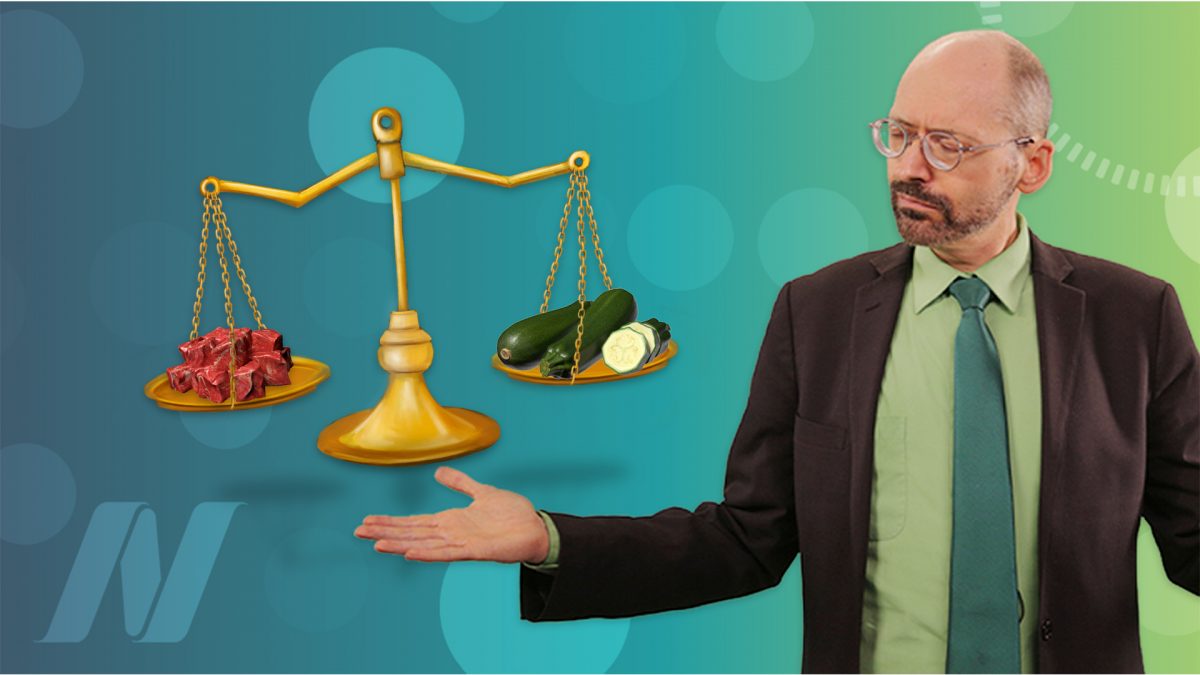
Do Vegetarians Really Have Higher Stroke Risk?
The first study in history on the incidence of stroke of vegetarians and vegans suggests...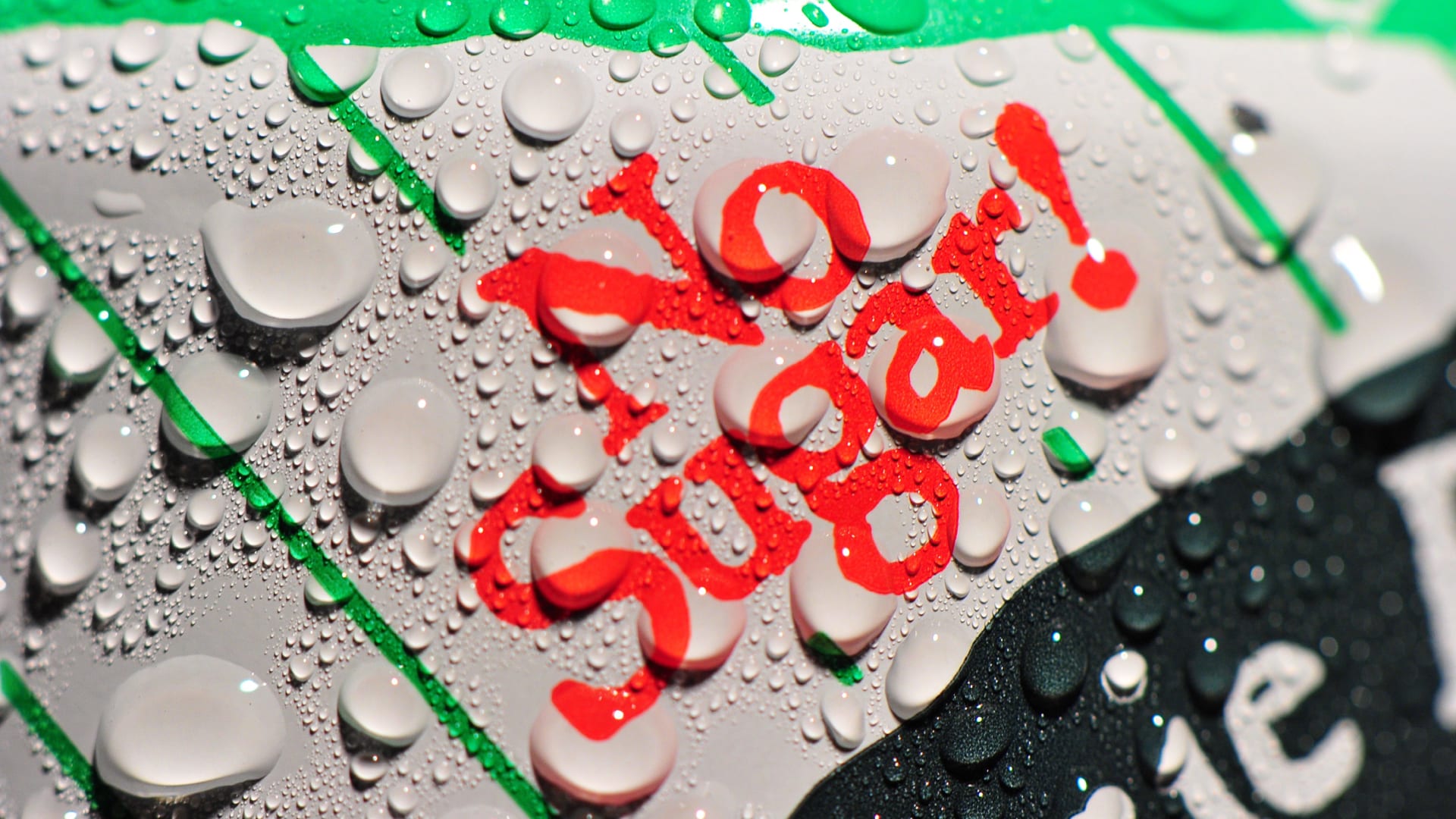
Does Diet Soda Increase Stroke Risk as Much as Regular Soda?
Sugar is no longer considered just empty calories, but an independent risk factor for cardiovascular...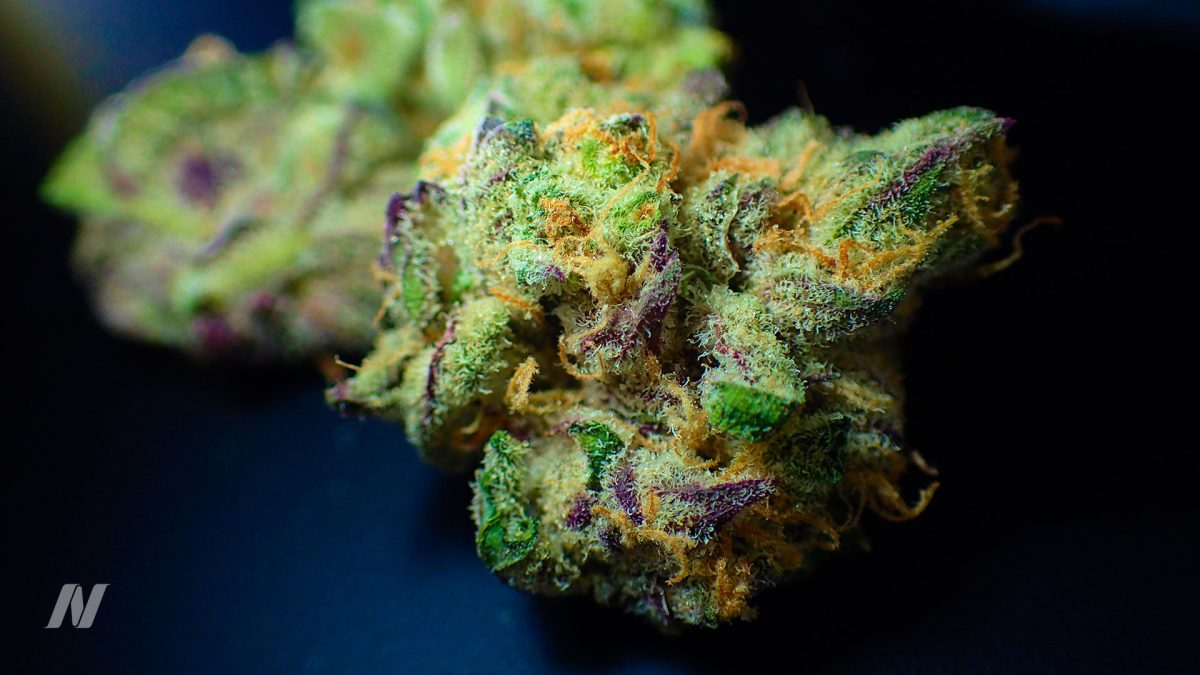
Does Marijuana Cause Strokes and Heart Attacks?
The temporary quintupling of heart attack risk associated with cannabis smoking may be due to...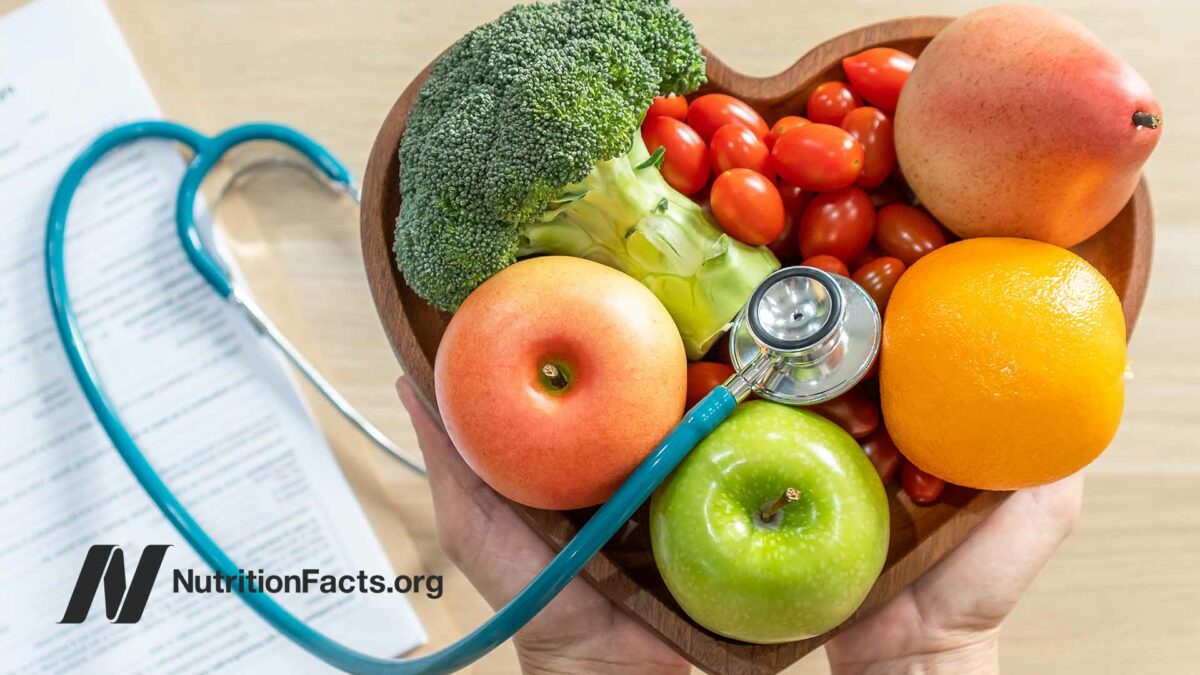
Food Antioxidants, Stroke, and Heart Disease
The oxidation of high-fat and cholesterol-rich foods in our stomachs may help explain why eating...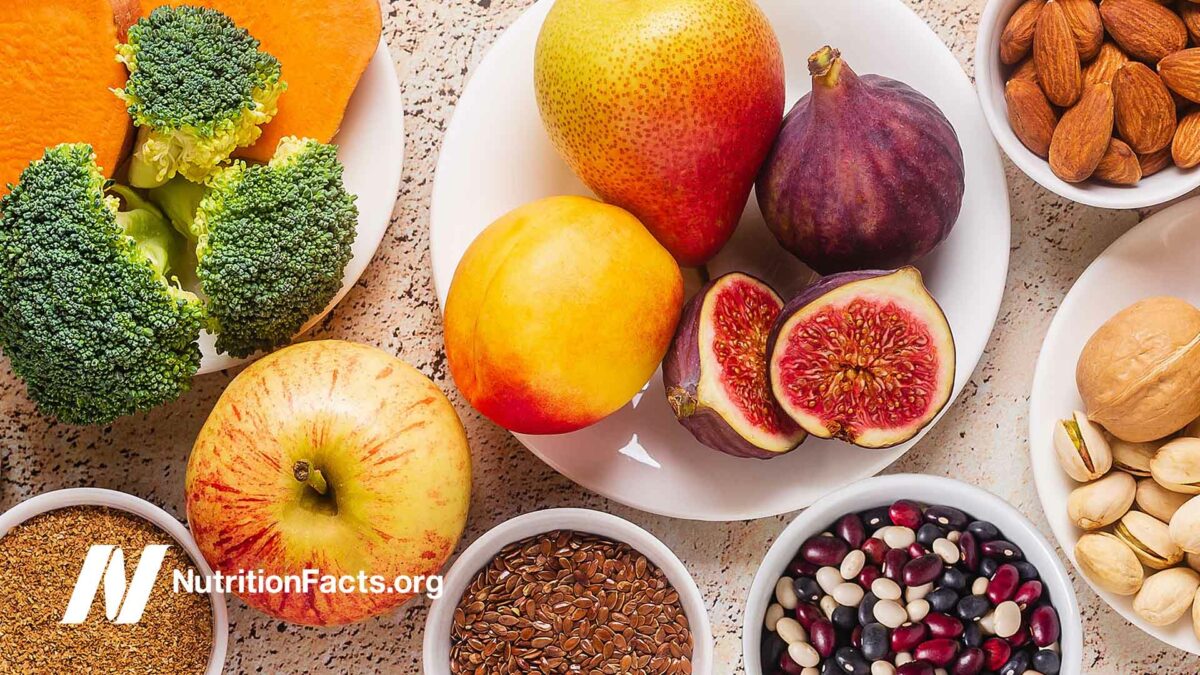
How to Prevent a Stroke
Insufficient intake of fiber-rich foods may lead to the stiffening of our arteries associated with...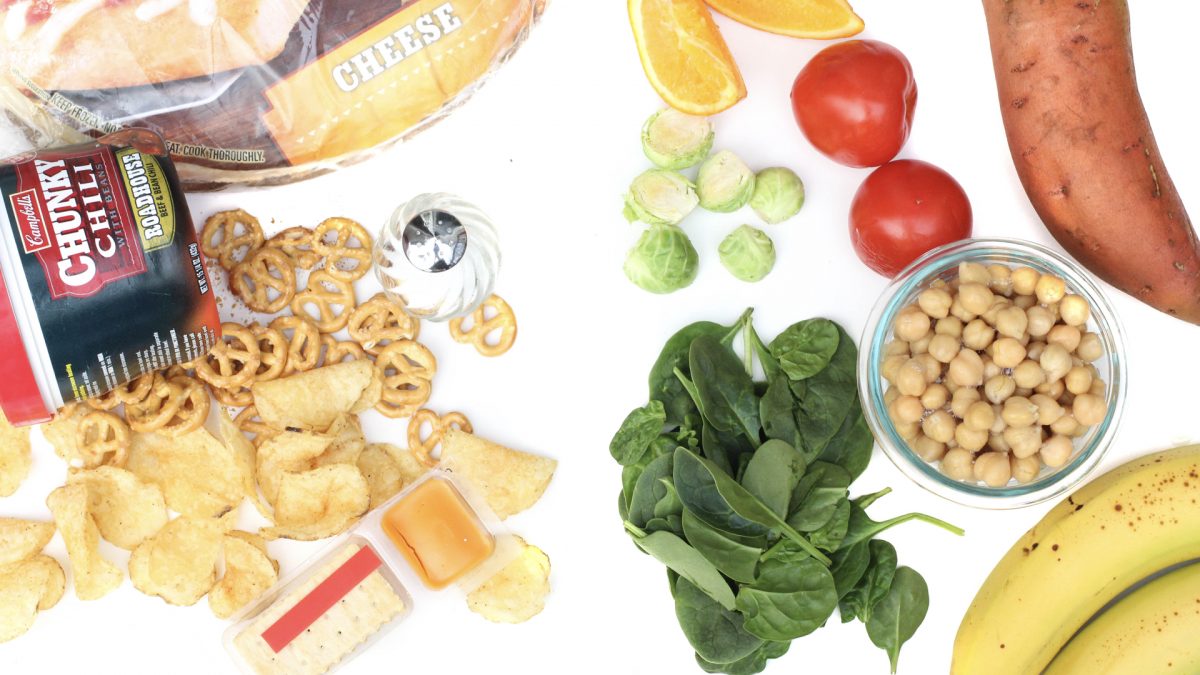
Lowering Our Sodium-to-Potassium Ratio to Reduce Stroke Risk
The potassium content in greens is one of two ways they can improve artery function...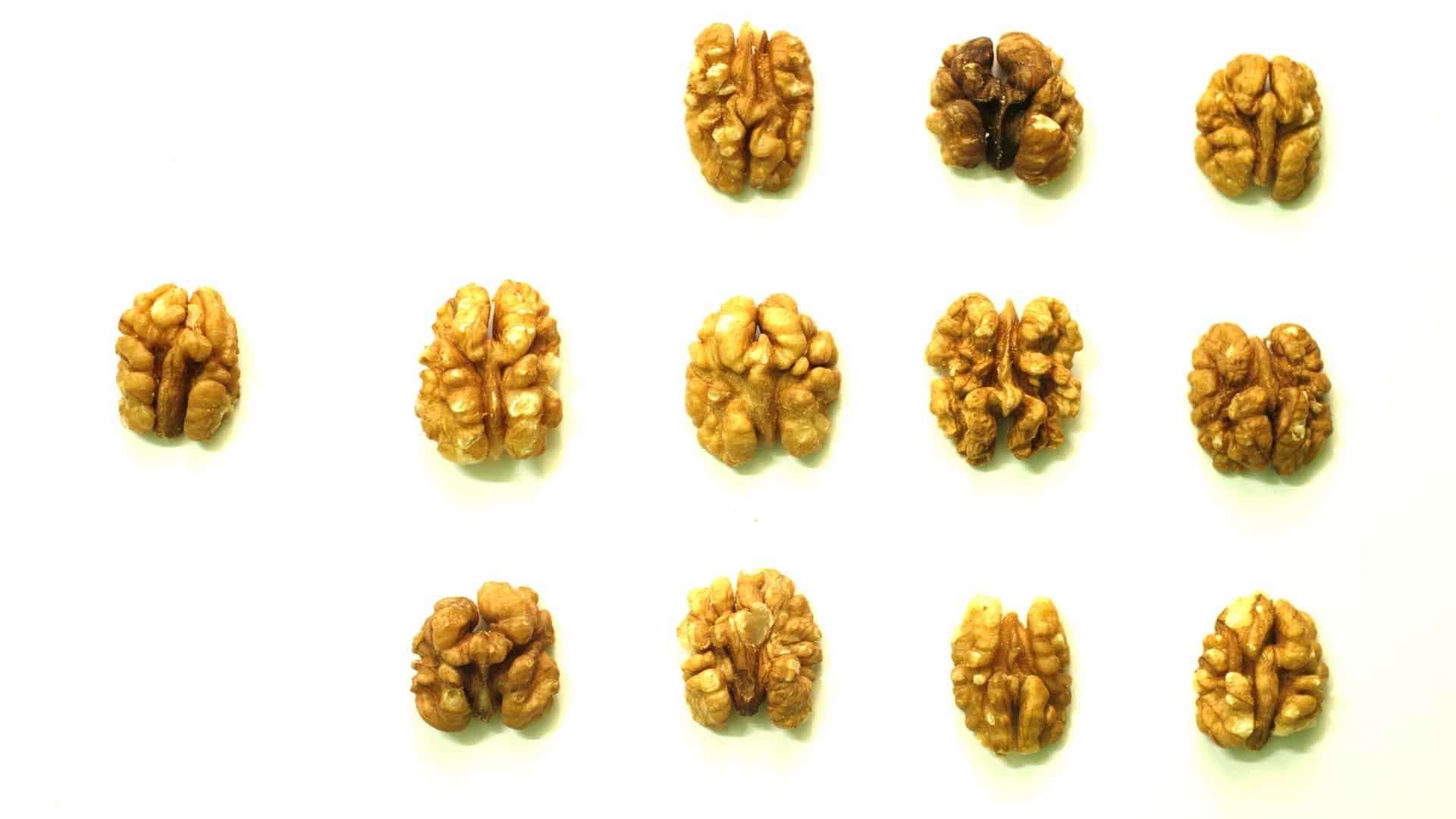
PREDIMED: Does Eating Nuts Prevent Strokes?
A randomized controlled trial found that a Mediterranean-type diet can dramatically lower the risk of...All Videos for Stroke
-

Using Prebiotics, Intact Grains, Thylakoids, and Greens to Boost Our GLP-1 for Weight Loss
Boost our natural satiety hormone GLP-1 through out diet.
-

Comparing the Benefits and Side Effects of Ozempic (Semaglutide)
Obesity can be so devastating to our health that the downsides of any effective drug would have to be significant to outweigh its weight-loss benefits.
-

GLP-1 Weight-Loss Drugs Like Ozempic (Semaglutide): How Do They Work? Are They Effective?
What is the hormone GLP-1, what separates GLP-1 mimics from previous weight-loss drugs, and how much weight may be lost before weight loss plateaus?
-

The Trade-Off Between Fertility and Longevity, and Causes of Precocious Puberty
A century ago, the age of first menstruation averaged as late as nearly 17. Why is sexual maturity coming so much earlier now?
-

Are Fish or Fish Oil Supplements Good for the Heart?
Five massive new trials have been published recently, randomizing tens of thousands to various formulations of fish oil versus placebo.
-

The TAME Trial: Targeting Aging with Metformin
If you have diabetes, metformin can make things better, but if you don’t, the drug may make things worse.
-

Centrum Multivitamin, Vitamin C, Beta Carotene, Souvenaid, Zinc, or Calcium Supplements for Preventing Alzheimer’s?
Which might actually make cognition worse: Centrum multivitamin, vitamin C, beta carotene, Souvenaid, zinc, or calcium supplements?
-

The Side Effects of Human Growth Hormone as an Anti-Aging Therapy
Taking human growth hormone (somatotropin) may actually accelerate the aging process.
-

How Not To Age – Live Presentation
In this live lecture, Dr. Greger offers a sneak peek into his latest book, How Not to Age, a New York Times Best Seller.
-

Update on Vegetarian Stroke Risk
Those eating more plant-based diets have lower risk of having a stroke, including both bleeding and clotting strokes.
-

The Negative Effects and Benefits of Plant-Based Diets
What are the pros and cons of plant-based eating?
-

The Role of Endotoxins in Alzheimer’s and Dementia
Why can a single meal high in saturated fat impair cognition?
-

The Harms Associated with Eating More Southern-Style Food
Diet appears to mediate the majority of the racial health gap.
-

Vitamin D May Explain Higher Bone Fracture Risk in Vegans
A combination of low calcium intake and low vitamin D exposure may explain higher bone fracture rates in British vegans.
-

The Potential Harm in Unnecessary Gluten-Free Diets
How might we prevent the inflammation from gluten-free diets?
-

The Side Effects of Burning Incense
Burning incense has been found to generate about four times the particulate matter as burning cigarettes.
-

How a Plant-Based Diet Can Help Reduce Racial Health Disparities
Why are Black Americans sicker and die younger than their white counterparts, and what can we do about it?
-

The Best Diet for Treating Atrial Fibrillation
What foods should we eat and avoid to reduce our risk of Afib?
-

How to Cultivate a Healthy Gut Microbiome with Food
Our gut flora is determined by what we eat, for good or for ill.
-

Are Potassium Chloride Salt Substitutes Effective?
Is potassium chloride win-win by decreasing sodium intake and increasing potassium intake?
-

Fewer Than 1 in 5,000 Meet Sodium and Potassium Recommended Intakes
A staggering 99.99 percent of Americans fail to get the minimum recommended potassium intake (despite it being perhaps only half of our natural intake) and stay below the recommended sodium intake (even though it may be twice our natural intake).
-

How We Won the Fight to Ban Trans Fat
What was the secret to the public health community’s triumph when past attempts to regulate the food industry failed?
-

How to Increase Your Life Expectancy 12 to 14 Years
What can physicians do to promote healthy, life-extending, lifestyle changes?
-

Do Vitamin C Supplements Help with Anxiety?
What are the risks and benefits of using vitamin C for depression and anxiety?
-

Do Potatoes Increase the Risk of High Blood Pressure and Death?
Do potato eaters live longer or shorter lives than non-potato eaters?
-

Prunes: A Natural Remedy for Constipation
Prunes, figs, and exercise are put to the test as natural home remedies for constipation.
-

Are PCSK9 Inhibitors for LDL Cholesterol Safe and Effective?
Those with genetic mutations that leave them with an LDL cholesterol of 30 live exceptionally long lives. Can we duplicate that effect with drugs?
-

Can Cholesterol Get Too Low?
Why might healthy lifestyle choices wipe out 90 percent of our risk for having a heart attack, whereas drugs may only reduce risk by 20 to 30 percent?
-

Fasting to Reverse Diabetes
By losing 15 percent of their body weight, nearly 90 percent of those who’ve had type 2 diabetes for less than four years can achieve remission.
-

Can Vegan Fecal Transplants Lower TMAO Levels?
If the microbiome of those eating plant-based diets protects against the toxic effects of TMAO, what about swapping gut flora?
-

Lifestyle and Disease Prevention: Your DNA Is Not Your Destiny
Treating the underlying cause of chronic lifestyle diseases.
-

How Low Should You Go for Ideal Cholesterol Levels?
Having a so-called normal cholesterol in a society where it’s normal to drop dead of a heart attack isn’t necessarily a good thing.
-

The True Benefits vs. Side Effects of Statins
A Mayo Clinic visualization tool can help you decide if cholesterol-lowering statin drugs are right for you.
-

Who Should Take Statins?
How can you calculate your own personal heart disease risk and use it to determine if you should start on a cholesterol-lowering statin drug?
-

The Best Diet for Crohn’s Disease Treatment
Switching to a plant-based diet has been shown to achieve far better outcomes than those reported on conventional treatments in both active and quiescent stages in both Crohn’s disease and ulcerative colitis.
-

The Best Diet for Ulcerative Colitis Treatment
Plant-based diets can be 98 percent effective in keeping ulcerative colitis patients in remission, blowing away other treatments.
-

Why Are Stents Still Used If They Don’t Work?
Over and over, studies have shown that doctors tend to make different clinical decisions for patients based on how much they will get paid personally.
-

The Risks of Heart Stents
Why are doctors killing or stroking out thousands of people a year for nothing? How do doctors even convince patients to sign up for procedures that are all risk without benefit?
-

The Effects of Processed Meat on Lung Function
If the nitrites in foods like ham and bacon cause lung damage, what about “uncured” meat with “no nitrites added”?
-

What About the Heme in Impossible Burgers?
Is heme just an innocent bystander in the link between meat intake and breast cancer, diabetes, heart disease, stroke, and high blood pressure?
